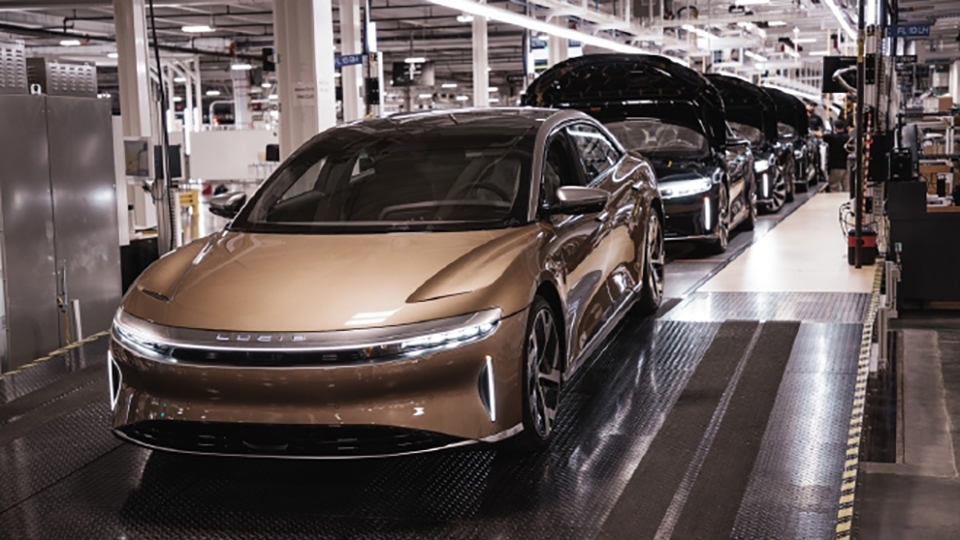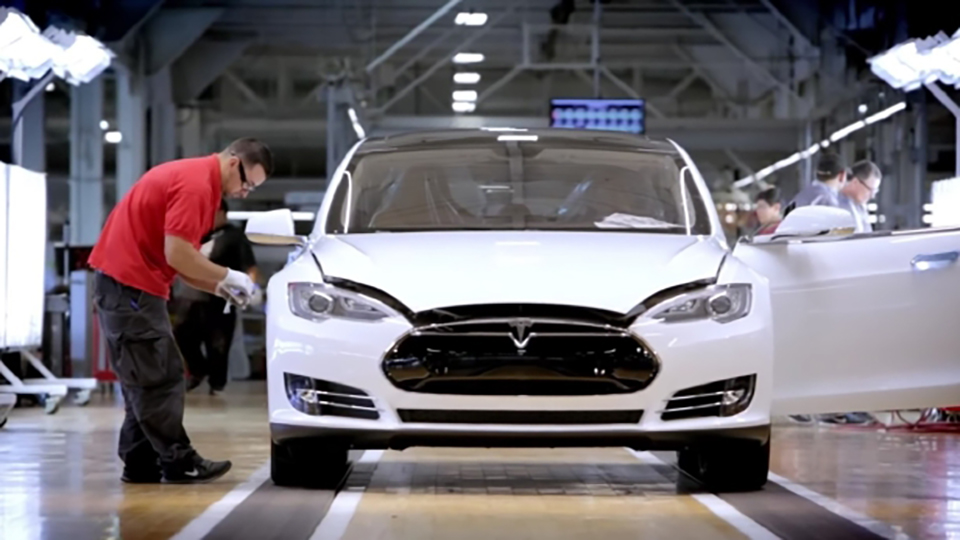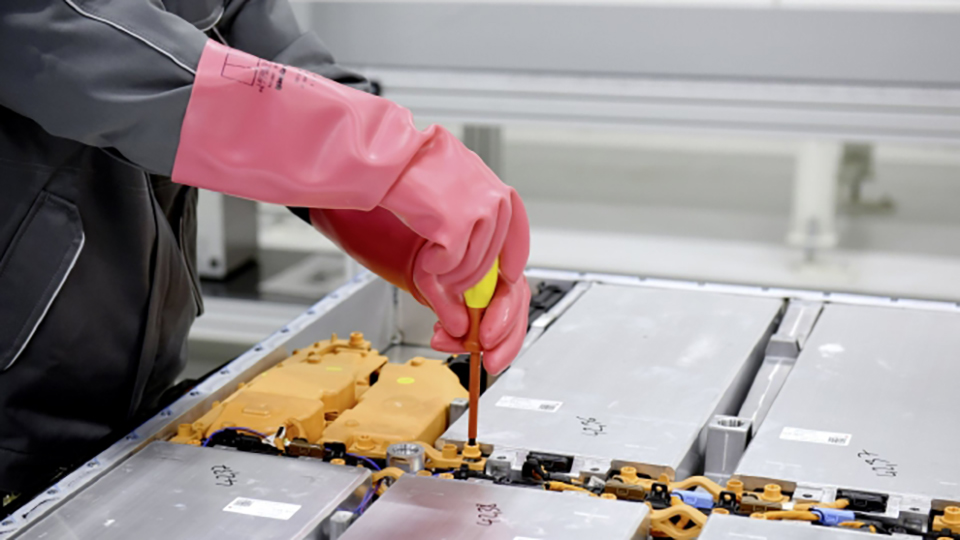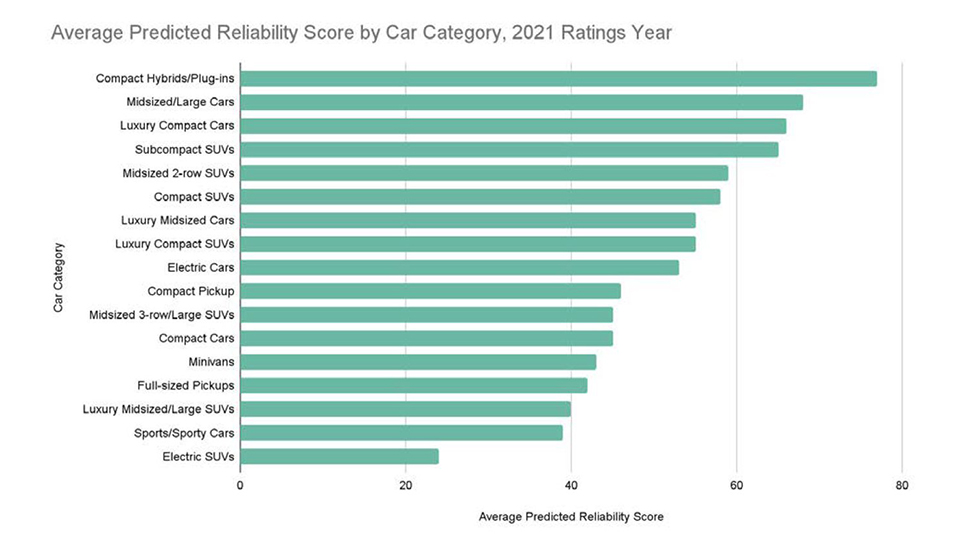News & Events
Consumer Reports: Electric vehicles are less reliable and have more problems than gas vehicles
Electric vehicles seem to be a hot market now, but they are still essentially a new technology. With few commercially available models and a lack of experience from automakers, it’s not surprising that reliability is being questioned. A new report from Consumer Reports, a leading U.S. media outlet, shows that electric vehicles have a much higher incidence of problems than their internal combustion engine counterparts.
According to Consumer Reports, the few electric models on the market today are either produced by new car makers that have never built a car before (such as Tesla, Lucid and Rivian in the U.S. and XPENG, Nio Inc. and Li Auto Inc. in China) or by traditional automakers that have only recently developed their first electric vehicles (such as Toyota, General, etc.). In either case, unfamiliarity with the vehicle manufacturing process or the characteristics of EVs can easily lead to compromised quality and reliability of EVs. This is the reason that Consumer Reports believes that electric vehicles have more problems than internal combustion engine vehicles.
Consumer Reports indicates that electric vehicles have a very high probability of problems in areas such as on-board electronics, noise and fluid leaks, power equipment, air conditioning systems, body hardware, drive systems, and body paint and trim. Recently, the Chevrolet Bolt spontaneous combustion and Tesla’s infamous quality control issues have caused significant damage to the quality of electric vehicles. Of course, there are also some minor issues that have affected the reputation of EV reliability. For example, the Audi e-tron display blackout is a failure in the onboard electronics category, while the same model’s exterior door lighting issue is a failure in the power equipment category. Tesla electric vehicles also have many problems, from poor trim assembly and paint defects on the Model Y to the Model X Falcon doors and sealing issues, among others.
Ultimately, all of these problems stem from automakers being less than knowledgeable about all the aspects that contribute to vehicle reliability. In particular, the first thing an EV manufacturer like Tesla needs to do is start building cars in high volume and ensuring reliability, while more traditional automakers need to understand the peculiarities of EVs, the best configuration of software, and all the key issues in areas they are unfamiliar with because these aspects are unique to EVs.
This is not only a reliability issue that emerged in the early days of the automotive industry, but also an EV knowledge diffusion issue is that these new EV owners are more tech-savvy and have higher expectations for infotainment systems and other software-related areas. At the same time, owners accustomed to the fine craftsmanship of traditional cars expect the same level of quality in electric vehicles.
The good news is that new cars coming to market in the U.S. in 2021 show better reliability overall, both for electric and internal combustion engine vehicles. Even so, electric vehicles are still considered less reliable than internal combustion engine vehicles. Stay tuned to Autooltech for more news on electric vehicle quality.







































